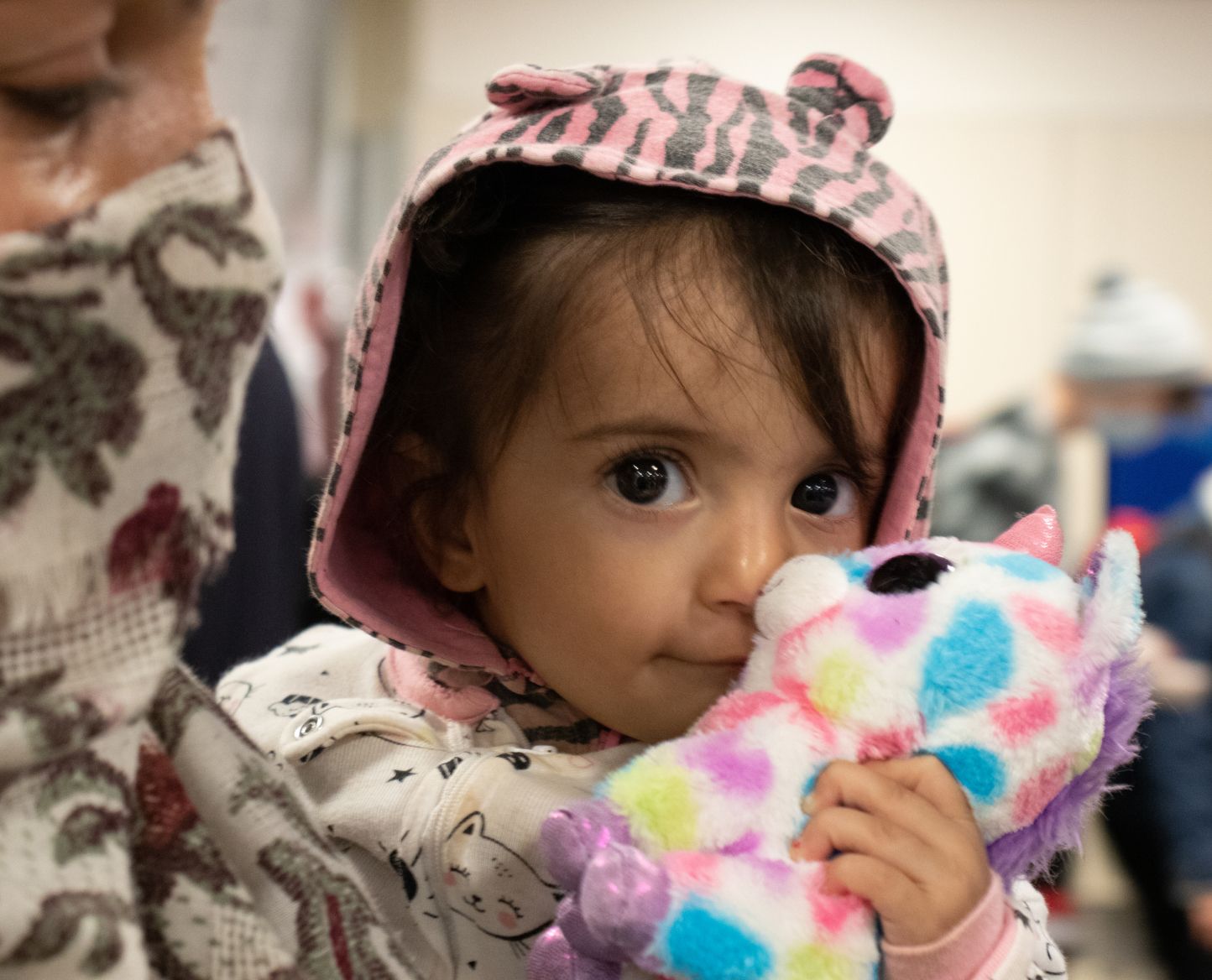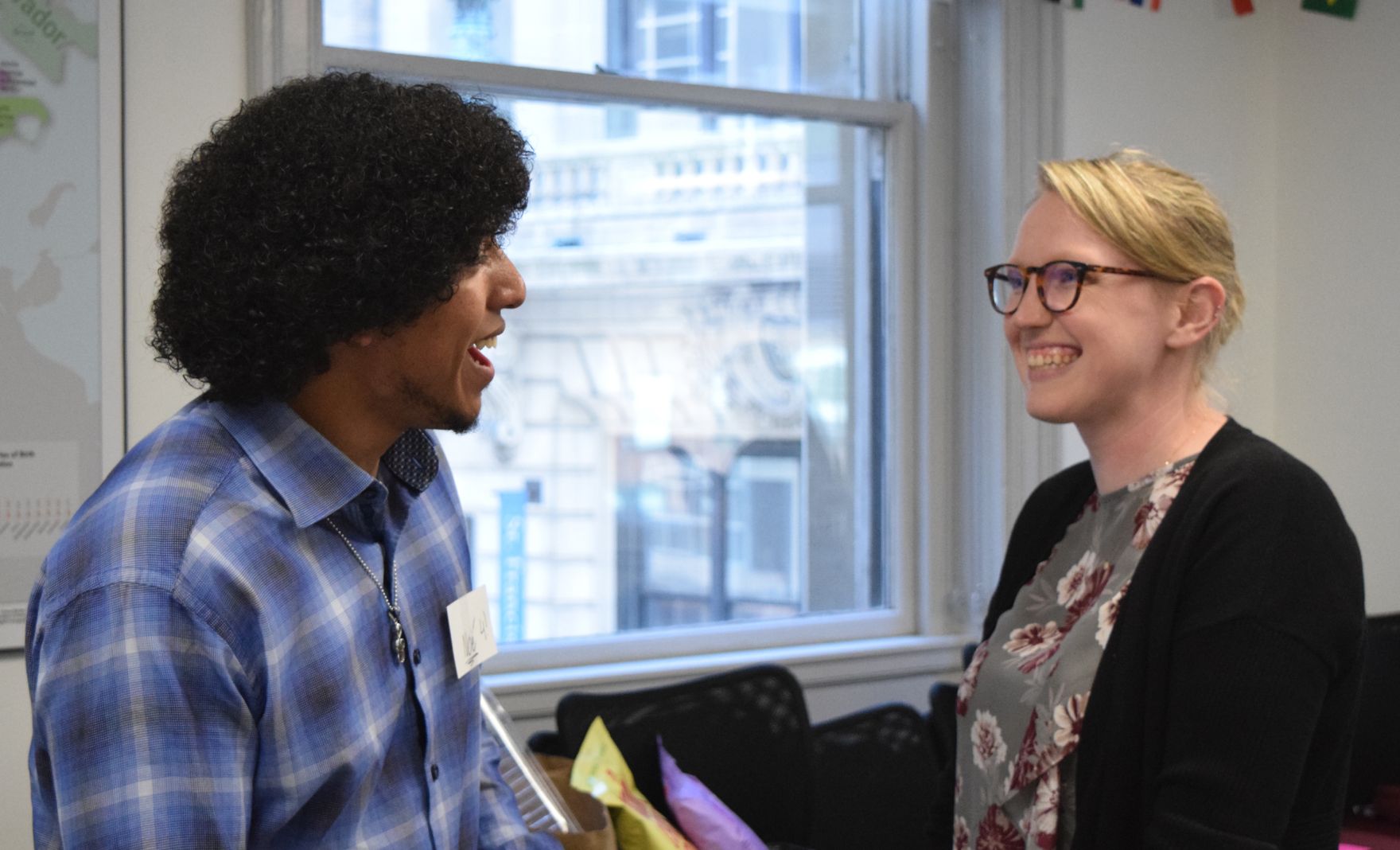who we serve
IINE serves refugees, asylees, victims of human trafficking, Cuban and Haitian entrants, Special Immigrant Visa holders, Central American children and families, and other immigrants with various immigration statuses. These refugees and new immigrants are overwhelmingly low-income with limited support networks and are traditionally among the most under-served groups in the U.S.

Below is a definition of each of the groups named above:
A refugee is someone living outside of their country of nationality who is unable or unwilling to return to that country because of persecution or a well-founded fear of persecution. Each refugee arrives in the U.S. with a refugee visa and is eligible to work and receive public benefits. After one year, refugees can adjust to lawful permanent status, and after five years, they are eligible for citizenship.
An asylee is someone who received the equivalent of refugee status by a court within the U.S. instead of overseas.
Special Immigrant Visa holders have provided translation and other services to U.S. forces and government officials in Afghanistan and Iraq. The United States grants SIVs a green card upon their arrival in the U.S.
The U.S. grants Haitian entrants parole status when they enter the country, meaning they may stay in the U.S. while they apply for asylum. They are eligible for many refugee services while they are on parole status.
The majority of the children in IINE’s Unaccompanied Children’s Program come from the so-called “Northern Triangle” of Central America — El Salvador, Guatemala, and Honduras — which are among the most violent countries in the world. In many cases, parents left these countries years ago, found work in the United States, and sent money home to care for their children, who were often in the custody of grandparents. Many of the parents have Temporary Protective Status (TPS). Some of the children we have helped were separated from their families who were attempting to cross the southern border of the United States.
The 2000 Trafficking Victims Protection Act (TVPA) authorizes the U.S. Department of Health and Human Services to certify foreign national survivors of labor and sex trafficking, making them eligible for public benefits to the same extent as refugees.
IINE serves a wide variety of immigrants with different legal statuses. Many immigrants participate in our English and job training programs.

The growing diversity of our population is a great strength. Refugees and immigrants are eager to contribute and enrich local communities. With more refugees in the world than at any point in recent history, it is critical that we welcome displaced people to our shores and support them as they restart their lives in our communities – it is not only our responsibility, but a privilege.
Those who work for IINE, volunteer with us, provide financial support, and serve on our Advisory Councils and Board of Directors often are more inspired by the people we serve, and their resilience and dedication, than they are by us. That is the beauty of our work.
